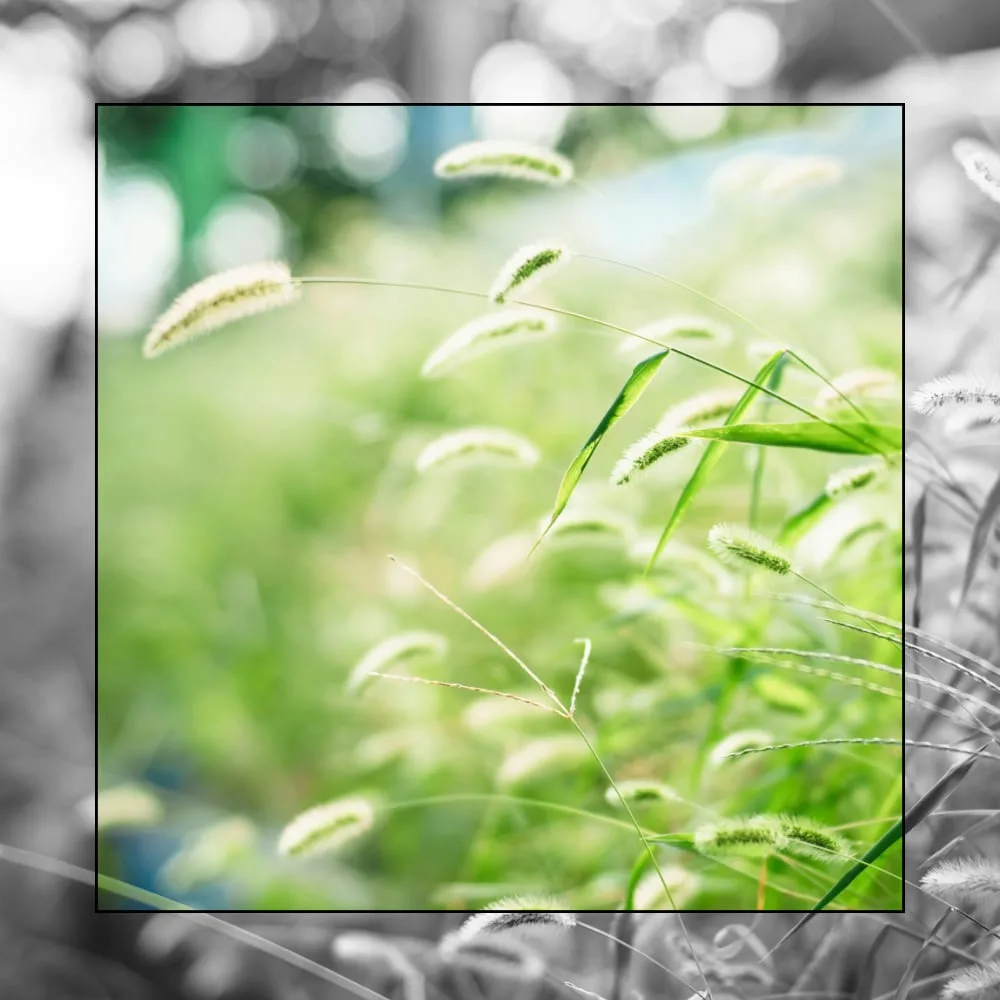Turn conflict from time thief to leadership edge
Disagree better
The way you deal with conflict shapes the caliber of your work, the focus of your attention, the strength of your relationships, and the extent of your influence.
For more than 25 years, Tammy Lenski has helped people lighten the emotional labor of conflict, reclaim time and energy, and keep work on track when viewpoints collide.

Top-notch learning and personal growth experience.
Jerry Greenfield
Ben & Jerry’s
Working with Tammy is like changing the air in the room.
David Macy
MacDowell
Clever, insightful, and innovative.
Lee Whittier
American Kennel Club
Conflict shouldn’t take more than it gives
When managing conflict starts to feel like a second job no one sees and you didn’t sign up for, it’s taking more from you than it should. Disagreement should not consume your day, undercut your ability to do your best work, or hijack decision-making.
Disagreements cost hours of energy and deliver frustratingly little progress.
Tense interactions and dynamics overshadow the rest of the day.
“Quick” chats about the problem push other work into nights and weekends.
You’re carrying the emotional labor of soothing tension and repairing relationships.

Handling conflict has to be sustainable
- Mental space and time for the work you’re there to do.
- Confidence in your own judgment and response.
- Forward momentum on important matters.
- Decisions made stronger by disagreement, not hobbled by it.
- Resilient relationships capable of handling hard things together.
Lead better disagreements
What if the way to reduce the drain and pain of conflict isn’t to agree more or disagree less, but to disagree better?
When we treat disagreement as an asset instead of a liability, colliding viewpoints become valuable information rather than a problem to fix.
Less time fighting friction, more time doing what matters
If this resonates, here are two ways to begin:
“A profound contribution to my professional and personal growth.”
“You have made such a profound contribution to my professional and personal growth. I was stuck in the same dance, doing the same steps, creating the same dynamics over and over. Now I’ve changed the dance.”
Linda Ruest, University Administrator